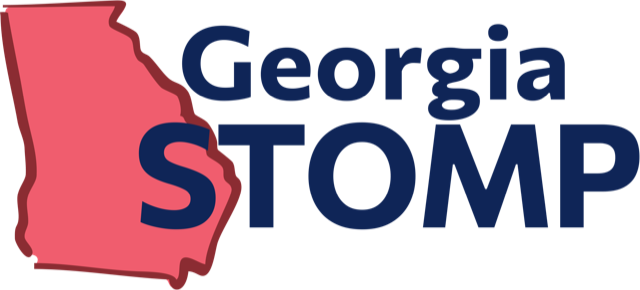Menstrual Equity for All Act and How it Relates to Georgia
It’s estimated that up to 86% of women use tampons, up to 72% use pads, and 75% use panty liners. Most premenopausal women use menstrual hygiene products on a monthly basis and it is estimated that a woman will use up to 16,000 tampons in her lifetime. Regardless of income, women spend a significant amount of money on purchasing menstruation hygiene products each year.
Beyond being cost-prohibitive, different populations of women and girls face unique challenges in accessing menstrual hygiene products.
That’s the language Representative Grace Meng (D-NY-6) uses to invite her colleagues and advocates to join her in the fight for menstrual equity. At the end of March, she introduced House Resolution 1882. Georgia’s own Rep. Hank Johnson (D-GA-4) is one of the 43 cosponsors to date. With the stated goal “to increase the availability and affordability of menstrual hygiene products for individuals with limited access, and for other purposes,” the bill is ambitious.
Its text addresses a few of the pillars that make up Georgia STOMP’s primary work:
- Giving states the option to use federal grant funds to provide students with free menstrual hygiene products in schools;
- Ensuring that inmates and detainees incarcerated in federal (including immigration detention centers), state, and local facilitates have access to free menstrual hygiene products;
- Allowing homeless assistance providers to use grant funds that cover shelter necessities (such as blankets and toothbrushes) to also use those funds to purchase menstrual hygiene products;
- Allowing individuals to use their own pre-tax dollars from their health flexible spending accounts to purchase menstrual hygiene products;
- Requiring that Medicaid covers the cost of menstrual hygiene products for recipients;
- Directing large employers (with 100 or more employees) to provide free menstrual hygiene products for their employees in the workplace; and
- Requiring all public federal buildings, including buildings on the Capitol campus, provide free menstrual hygiene products in the restrooms.
Helen Beaudreau, Legislative Director for Meng’s office, states that the goal of the legislation is to address the multifaceted issue of menstrual equity under a single banner. “(Rep. Meng) wants to make sure that affordability and accessibility is achieved across all communities in need.”
If you’ve been following along with our work, you’ll know that our coalition has been fortunate to have successes in working with statewide departments to achieve similar goals.
- We championed access to period products for students, and will be at the table with the Department of Education as they develop the grant process to distribute the $1 million added to the budget this year for low income schools to provide free menstrual products to their students.
- We’ve established a relationship with the Department of Corrections, and are grateful to have Commissioner Tim Ward supporting unlimited free menstrual product access in state-run prisons, but still have work to do in regards to menstrual product access in local, county and juvenile detention centers.
- The Georgia Emergency Management Agency (GEMA) has been a wonderful advocate, improving access to menstrual products for those experiencing situational poverty following an emergency or disaster. Director Homer Bryson swiftly made administrative changes to include menstrual products in the list of basic needs supplies that shelters receiving GEMA funds can purchase with that money. They continue to work to ensure that supply chain logistics are in place so that those who experience homelessness, like our fellow Georgians have after Hurricane Michael, will receive the assistance they need in the short AND long term. Director Bryson recently met with coalition partner, Helping Mamas, to discuss supply chain issues.
We are excited to see the other areas that Rep. Meng and HR 1882’s cosponsors will be addressing with this bill. One of the arguments used against House Bill 8 this year was that not all federal institutions account for the fact that menstrual products are an essential purchase in order for women to participate in society and their education.
We are hopeful that HR 1882’s addition to the menstrual equity conversation helps show employers and federal institutions alike that menstrual product access is a great investment. Perhaps it will help our lawmakers understand the same thing in Georgia.
